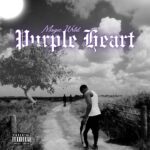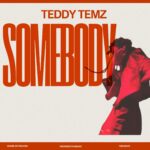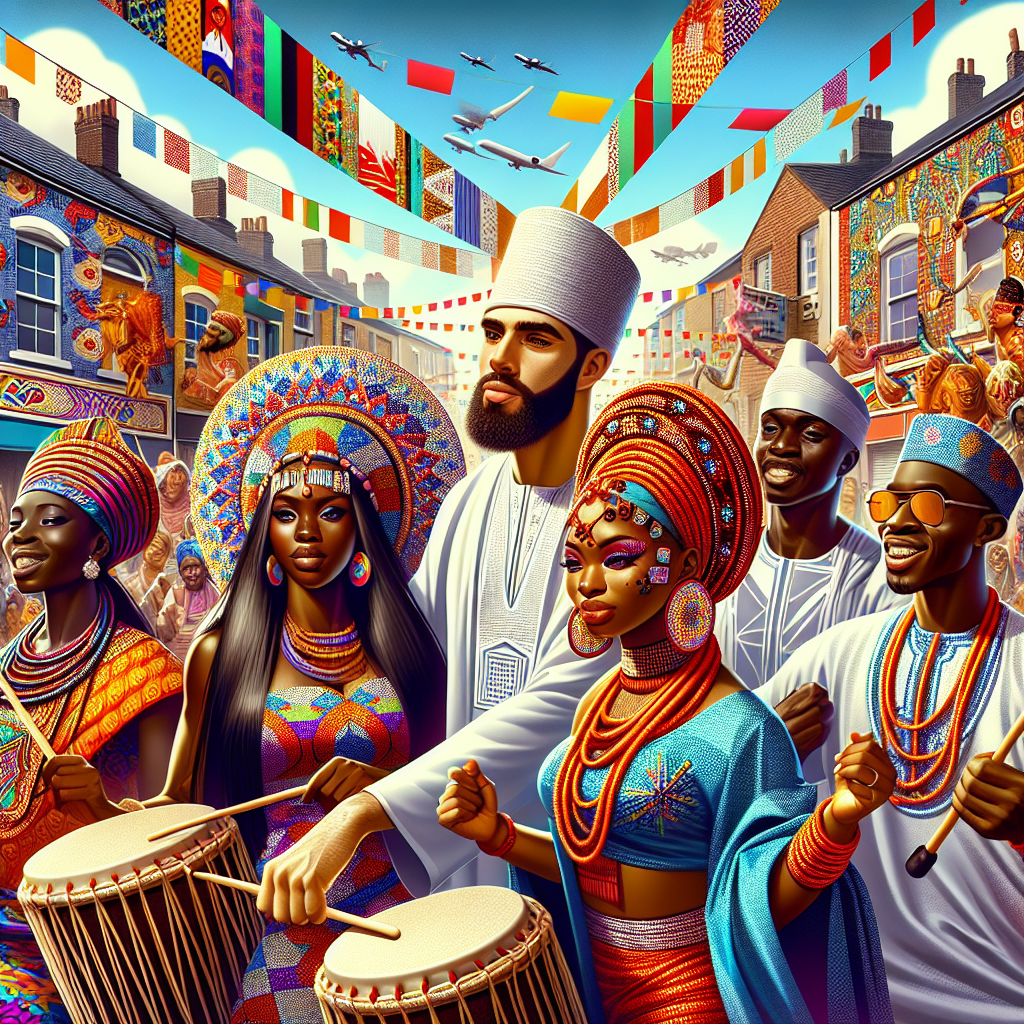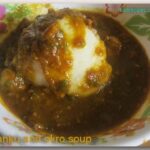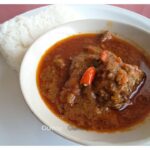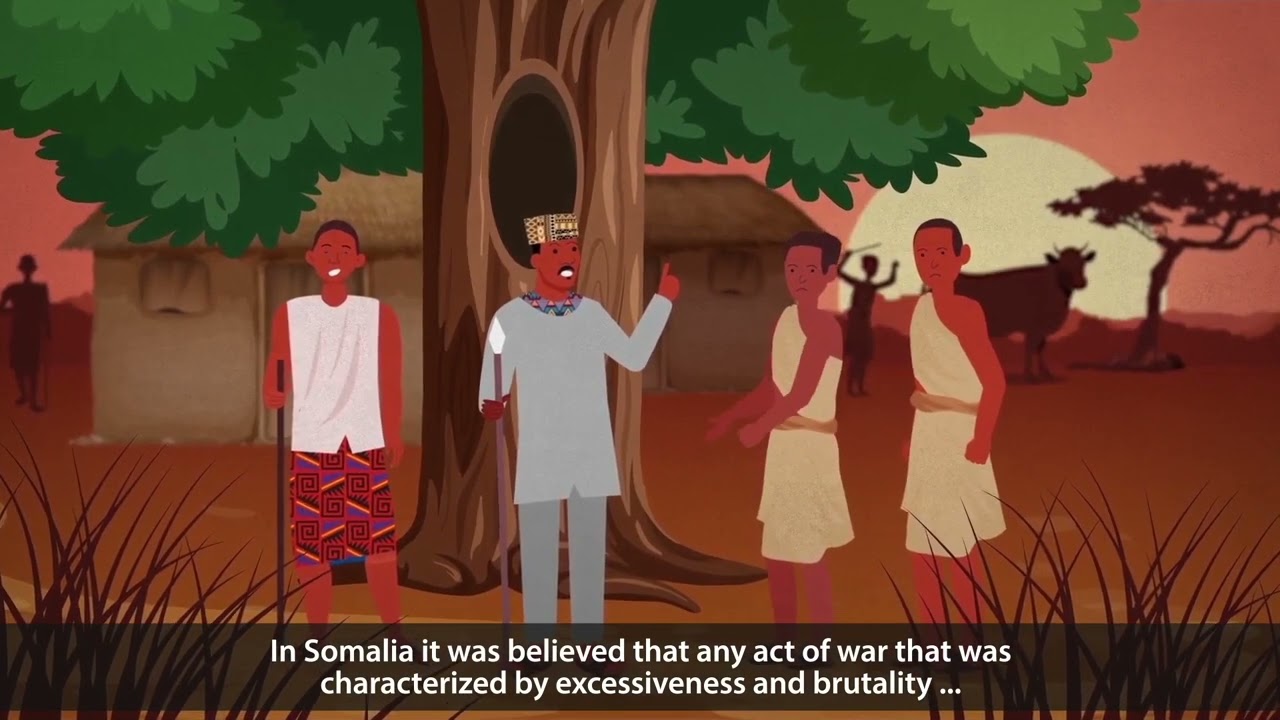The Yoruba people of Nigeria have a vibrant and colorful culture that is celebrated through various festivals and celebrations throughout the year. These events showcase the rich history, traditions, and beliefs of the Yoruba people and provide an opportunity for communities to come together in joy and harmony.
One of the most famous Yoruba festivals is the Olojo festival, which is held in the ancient city of Ile-Ife in Osun State. The festival celebrates the creation of the world and the crowning of the first Ooni (king) of Ife. The highlight of the festival is the Arugba procession, where a young virgin carries a special calabash on her head through the streets of the city, accompanied by drummers and dancers. The festival also features masquerades, traditional music performances, and spiritual ceremonies.
Another popular Yoruba festival is the Osun-Osogbo festival, which is held at the Osun-Osogbo Sacred Grove, a UNESCO World Heritage site. This festival honors the river goddess Osun and attracts thousands of worshippers and tourists each year. The festival includes a colorful procession to the river, where offerings are made to the goddess, as well as traditional music and dance performances, storytelling, and art exhibitions.
The Ogun festival is dedicated to the Yoruba god of iron, Ogun, who is believed to protect the community and bring prosperity and success. The festival features ceremonies, rituals, and performances that honor Ogun and seek his blessings for the coming year. Participants dress in red and black attire, carry machetes and swords, and dance to drumbeats in celebration of the powerful deity.
Other Yoruba festivals include the Egungun festival, which honors the ancestors through masquerade performances and spiritual ceremonies, and the Sango festival, which celebrates the Yoruba god of thunder and lightning. These festivals are important cultural events that bring communities together and reinforce the Yoruba people’s sense of identity and heritage.
The Yoruba people’s festivals and celebrations are a reflection of their deep connection to tradition, spirituality, and community. Through music, dance, art, and rituals, these events create a colorful and vibrant world that celebrates the richness and diversity of Yoruba culture. Whether it’s the lively rhythms of the drumbeats, the intricate costumes of the masquerades, or the heartfelt prayers offered to the gods, Yoruba festivals offer a glimpse into a world of beauty, creativity, and tradition that continues to inspire and delight all who participate.




